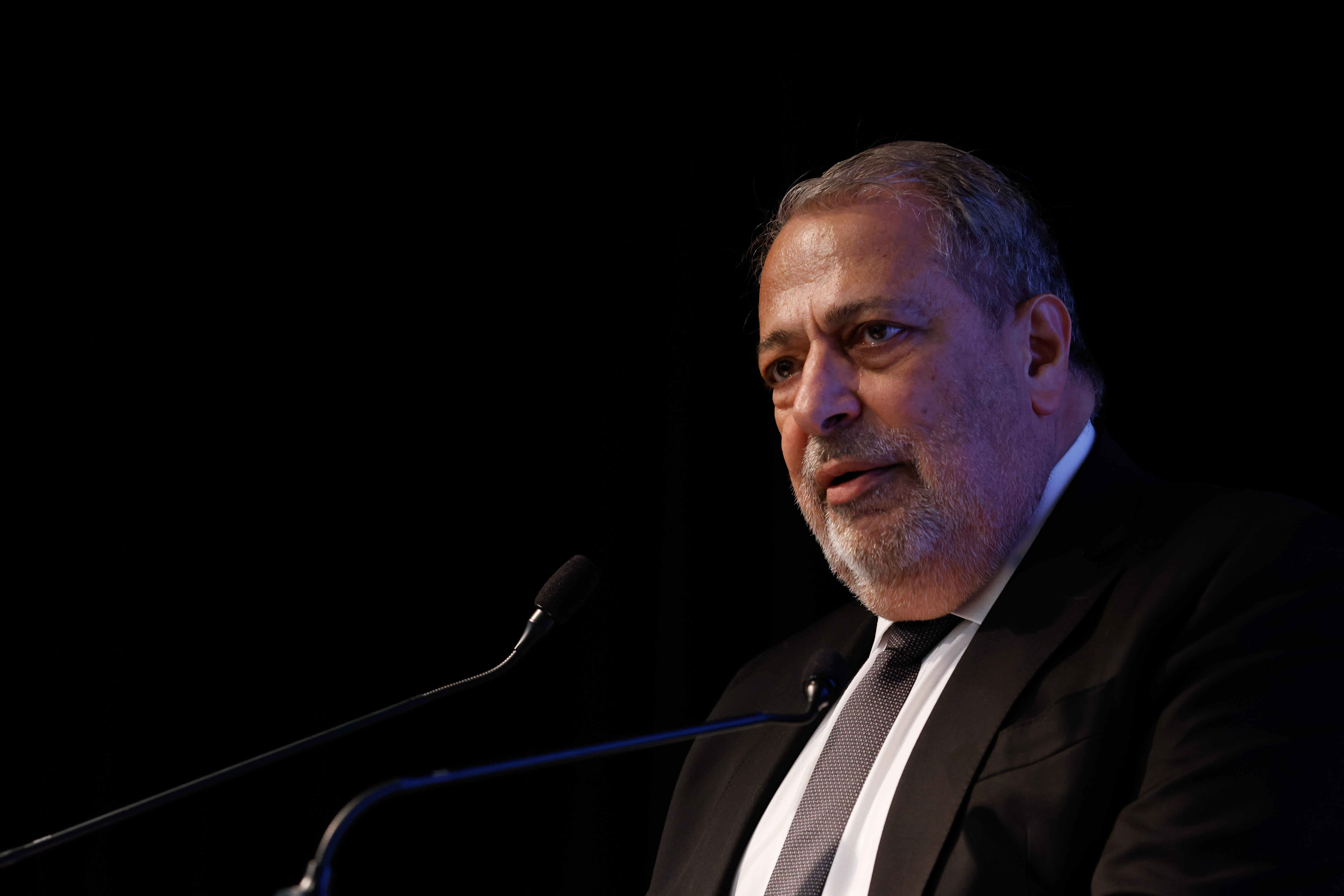Attorney-general Giorgos Savvides on Tuesday stuck to his guns, voicing serious reservations about the planned reform of the attorney-general’s office, even as a visiting European Commissioner lent his support to the changes.
At a conference hosted by the attorney-general’s legal academy, Savvides reiterated his concerns over a planned separation of the AG’s dual role.
The government has tabled legislation creating the position of a director of public prosecutions (DPP) alongside the AG. Both the AG and the DPP will have deputies. The AG will remain the state’s legal adviser, while the DPP will take over prosecutorial functions.
Currently, the AG in Cyprus serves as the state’s adviser while also being in charge of public prosecutions – a situation which critics call problematic.
The proposed legislation stipulates that these roles would be limited to a single eight-year term. The AG and the DPP, as well as their respective deputies, would retire either at the end of the term or on their 68th birthday, whichever comes first.
In his remarks, Savvides said he retains “serious reservations” about the constitutionality of the planned reform.
He said his office has already prepared proposals for the possible establishment of an in-house audit of the AG’s decisions.
The ball is now in parliament’s court, Savvides said, warning: “But it must ensure something vital: preserving the constitutional order.”
At the same time, the justice ministry, the AG’s office and the Supreme Court are conducting talks on a mechanism to check decisions taken by the AG – such as decisions not to file charges or to stay a prosecution.
Elsewhere in his address, Savvides called corruption one of the biggest challenges, noting that it “keeps spreading its tentacles”.
He noted that the European Commission, in its 2025 Rule of Law report, had positive things to say about the AG’s office regarding its handling of corruption cases.
The AG recalled that a task force dedicated to corruption cases has been operating under the umbrella of the office since 2022.
Savvides then took a swipe at social media, saying that commentary from individuals unfamiliar with the law can “undermine institutions”.
The impact of social media has increased institutions’ exposure to public critique, “as the image of institutions is often shaped by people who either do not have full knowledge of the facts or are not legally qualified”.
He noted that “false presentation and disinformation are being used to promote personal or political interests”.
In the AG’s opinion, “the time has come for parliament to address this matter and to move forward with legislation, having in mind that the deliberate undermining of institutions will dismantle democracy, something that is not protected by free speech considerations”.
In his own remarks, European Commissioner for Democracy, Justice, the Rule of Law and Consumer Protection Michael McGrath supported the intended reform of the AG’s office.
McGrath called the reform a unique opportunity to enhance the independence but also the accountability of the AG’s office, bringing the latter into line with “modern perceptions of the rule of the law”.
In addition, the establishment of a mechanism to re-examine decisions not to prosecute would contribute to “boosting accountability and improving the public’s trust”.






Click here to change your cookie preferences